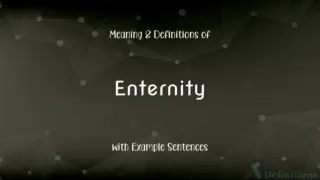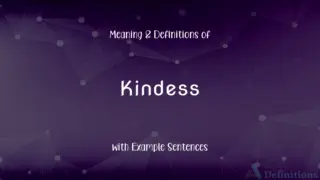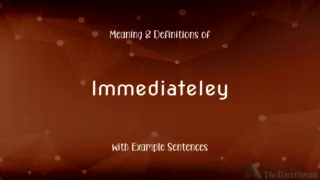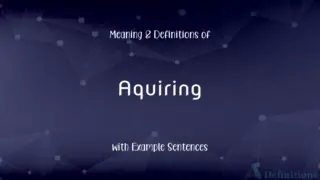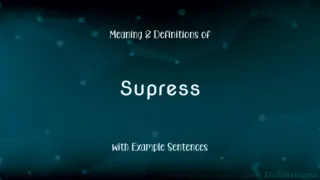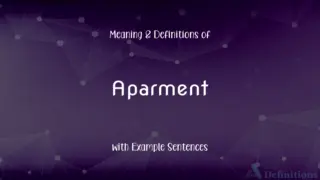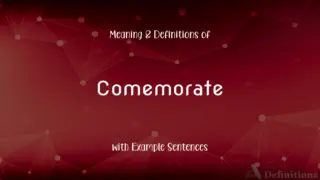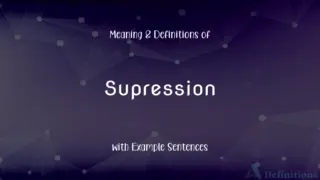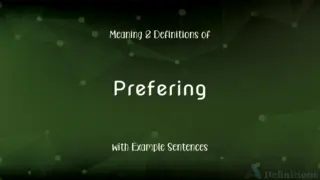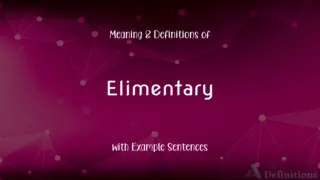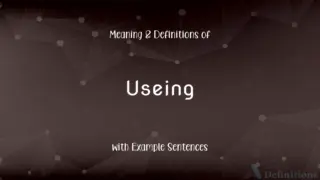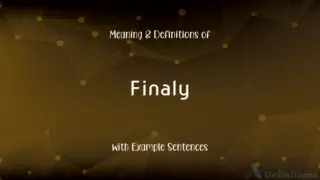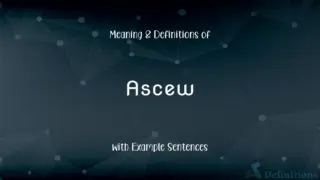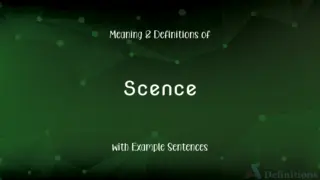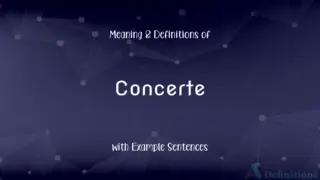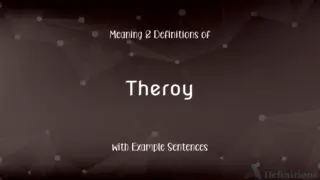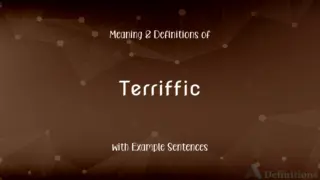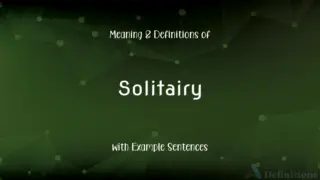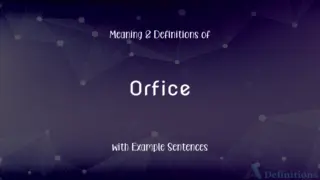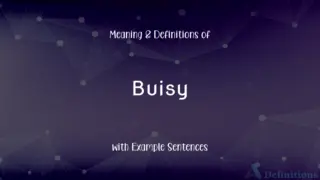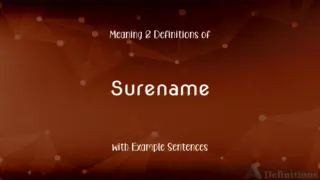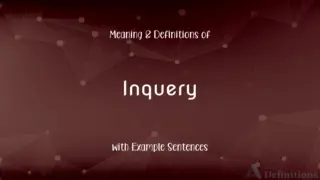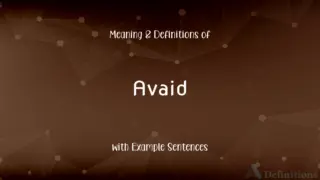Partical Meaning and Definition
"Partical" is not a standard word in the English language. Please consider the correct spelling, "Particle." Misspellings can create confusion or diminish the perceived quality of the text.
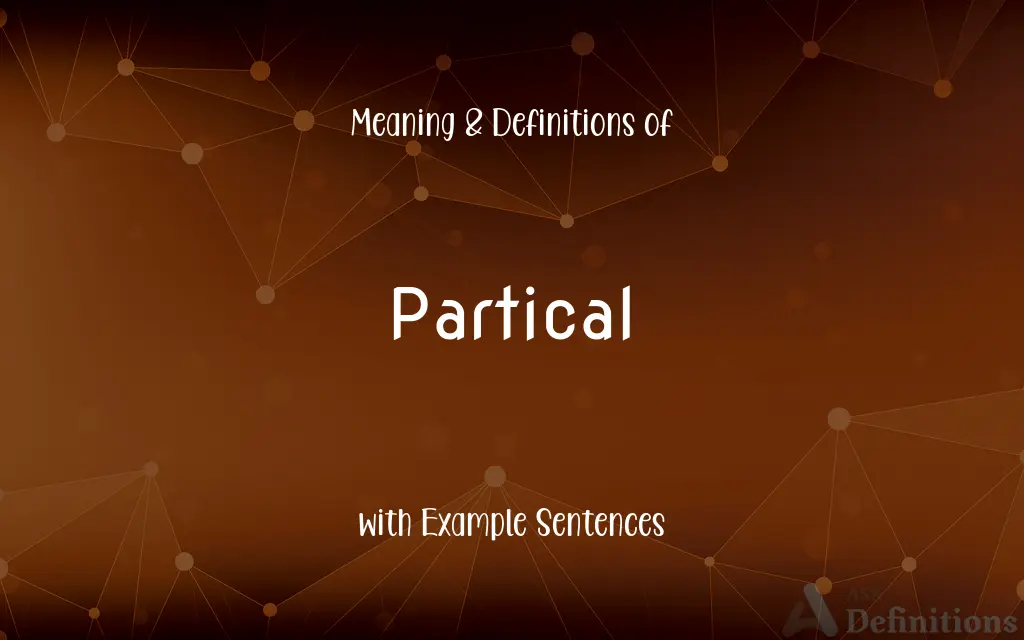
Table of Contents
Particle Definitions
"Particle" means a tiny piece or fragment of a solid material.
He noticed a tiny particle of glass on the floor.
"A particle is a small piece of matter, visible or microscopic, or a fundamental unit of a physical substance."
A dust particle settled on the lens, affecting the photo.
"Particle" refers to a minute portion of matter, often microscopic.
A particle of pollen can trigger allergies.
"Particle" conveys the idea of a small, discrete fragment.
A particle of wood chipped off the sculpture.
"Particle" represents a basic unit in the study of particle physics.
The discovery of a new particle excited the physicists.
"Particle" is used to describe a small bit of something larger.
A particle of hope remained in her heart.
"Particle" describes an extremely small unit of matter, like in physics or chemistry.
The scientist studied the behavior of a charged particle.
"Particle" signifies a small constituent component of a larger substance.
A particle of sand stuck to her foot.
"Particle" denotes an indivisible element of a substance in scientific terms.
The particle accelerator helps in observing subatomic particles.
"Particle" implies a minute speck or dot visible to the naked eye.
A single particle of dust was visible in the beam of light.
"Particle" means a tiny amount or portion of a material.
He wiped away a particle of food from his shirt.
A very small piece or part; a tiny portion or speck.
A very small or the smallest possible amount, trace, or degree
Not a particle of doubt.
A body whose spatial extent and internal motion and structure, if any, are irrelevant in a specific problem.
See elementary particle.
See subatomic particle.
An uninflected item that has grammatical function but does not clearly belong to one of the major parts of speech, such as up in He looked up the word or to in English infinitives.
In some systems of grammatical analysis, any of various short function words, including articles, prepositions, and conjunctions.
(Ecclesiastical) A portion or fragment of the Eucharistic host.
(Archaic) A small part of something written, such as a clause of a document.
A very small piece of matter, a fragment; especially, the smallest possible part of something.
(physics) Any of various physical objects making up the constituent parts of an atom; an elementary particle or subatomic particle.
(linguistics) A part of speech that has no inherent lexical definition but must be associated with another word to impart meaning, often a grammatical category: for example, the English word to in a full infinitive phrase (to eat) or O in a vocative phrase (O Canada), or as a discourse marker (mmm).
(linguistics) A part of speech which cannot be inflected.
(Christianity) In the Roman Catholic church, a crumb of consecrated bread; also the smaller breads used in the communion of the laity.
A little bit.
A minute part or portion of matter; a morsel; a little bit; an atom; a jot; as, a particle of sand, of wood, of dust.
The small size of atoms which uniteTo make the smallest particle of light.
Any very small portion or part; the smallest portion; as, he has not a particle of patriotism or virtue.
The houses had not given their commissioners authority in the least particle to recede.
A crumb or little piece of consecrated host.
A subordinate word that is never inflected (a preposition, conjunction, interjection); or a word that can not be used except in compositions; as, ward in backward, ly in lovely.
An elementary particle.
(nontechnical usage) a tiny piece of anything
A body having finite mass and internal structure but negligible dimensions
A function word that can be used in English to form phrasal verbs
Particle Idioms & Phrases
Particle of Truth
A small, often insignificant element of truth in a statement or story.
Although the rumor was mostly false, there was a particle of truth to it.
Not a Particle of Doubt
Absolutely no doubt whatsoever.
There was not a particle of doubt in her mind that she had made the right decision.
Every Particle Matters
Every small detail or aspect is important.
In precision engineering, every particle matters for the machine to function correctly.
Lacking Even a Particle of Humor
Completely devoid of humor.
His speech was so dry, lacking even a particle of humor.
Particle of Evidence
A very small amount of proof or indication.
The detectives searched for even a particle of evidence at the crime scene.
Particle of Patience
A very small amount of tolerance or endurance.
She had not a particle of patience left for their constant delays.
Without a Particle of Evidence
Having no evidence whatsoever.
They made the accusation without a particle of evidence to support it.
Not One Particle Changed
Absolutely nothing has been altered or modified.
Even after the discussion, not one particle of the plan was changed.
Particle of Common Sense
A very small amount of practical judgment.
One would expect at least a particle of common sense in such decisions.
Particle of Sense
A tiny amount of wisdom or sensibility.
His reckless plan didn't have a particle of sense in it.
Not a Particle Out of Place
Everything is in perfect order; nothing is disarranged.
Her office was immaculate, not a particle out of place.
Particle of Hope
A very small amount of optimism or expectation.
In the dire situation, they clung to every particle of hope they could find.
A Particle of Comfort
A very small amount of solace or consolation.
In her grief, she found not even a particle of comfort in their words.
Particle of Wisdom
A small but significant piece of knowledge or insight.
His grandfather's advice contained a particle of wisdom that stayed with him for life.
Particle of Interest
A tiny amount of curiosity or concern.
He showed not a particle of interest in the new project proposals.
Particle of Doubt Remains
A tiny amount of uncertainty still exists.
Despite the explanations, a particle of doubt remains in my mind.
Particle of Proof
A tiny amount of evidence or confirmation.
They couldn't convict him as there wasn't even a particle of proof.
Particle of Respect
A tiny amount of admiration or regard.
He didn't show a particle of respect to the committee members.
Without a Particle of Remorse
Having no regret or guilt whatsoever.
She refused to apologize, without a particle of remorse for her actions.
Particle of Enthusiasm
A very small amount of excitement or eagerness.
He showed only a particle of enthusiasm for the proposed vacation idea.
Particle Example Sentences
The microscope revealed a particle too small to see with the naked eye.
A particle of dust flew into his eye, causing him to blink.
She could feel a gritty particle in her shoe.
Every particle of food was eaten at the feast.
A single particle of dirt can affect a computer's performance.
The air was filled with tiny particles after the explosion.
He studied the movement of a particle in a liquid.
The book described the discovery of a fundamental particle.
A particle of lint was stuck to his sweater.
The science experiment involved measuring the weight of a particle.
The artist used every particle of paint on her palette.
A particle of salt dissolved quickly in the water.
A particle of sugar fell onto the table.
A particle of ash from the fire floated in the air.
He brushed off a particle of chalk from his hand.
Common Curiosities
How is particle used in a sentence?
"Dust particles were visible in the beam of sunlight."
What is a stressed syllable in particle?
The stressed syllable in particle is the first one: PAR-ti-cle.
Why is it called particle?
It is called a particle because it refers to a small portion of matter, deriving from Latin "particula," meaning a small part or division of a larger whole.
How do we divide particle into syllables?
Par-ti-cle.
How many syllables are in particle?
There are three syllables in particle.
What is the verb form of particle?
Particle does not have a direct verb form. However, related actions might use verbs like "particulate" in scientific contexts, meaning to form into particles.
What is the root word of particle?
The root word of particle is "part," indicating a piece or segment of something larger.
Is particle an adverb?
No, particle is not an adverb.
What is another term for particle?
Another term for particle could be "speck" or "fragment."
What is the plural form of particle?
The plural form is "particles."
Is particle a negative or positive word?
Particle is neutral; it is neither inherently negative nor positive.
Is the particle term a metaphor?
Particle can be used metaphorically to refer to very small amounts or insignificant pieces of something larger.
Is the word particle imperative?
No, particle is not imperative; it is a noun.
What is the pronunciation of particle?
Particle is pronounced as /ˈpɑːr.tɪ.kəl/.
What is the singular form of particle?
The singular form is "particle."
Is particle a noun or adjective?
Particle is a noun.
Is the word particle Gerund?
No, particle is not a gerund; it is a simple noun.
What is the opposite of particle?
The opposite of particle could be "whole" or "mass" when considering it in the context of part versus whole.
Is particle a countable noun?
Yes, particle is a countable noun (e.g., one particle, two particles).
Is the word “particle” a Direct object or an Indirect object?
"Particle" can serve as a direct object in a sentence (e.g., "She observed a particle under the microscope").
Which article is used with particle?
Both "a" and "the" can be used with particle, depending on whether it is being introduced for the first time or is already known: "a particle" (indefinite) or "the particle" (definite).
What part of speech is particle?
Particle is a noun.
Which determiner is used with particle?
Determiners like "a," "the," "every," and "each" can be used with particle, depending on the context.
Which vowel is used before particle?
The indefinite article "a" is used before particle, as in "a particle of dust."
Which preposition is used with particle?
Prepositions such as "of" (as in "a particle of sand") or "in" (as in "particles in the air") can be used, depending on the context.
Is particle an abstract noun?
No, particle is a concrete noun as it refers to physical small pieces or fragments.
Is particle a vowel or consonant?
The term particle includes both vowels (a, i, e) and consonants (p, r, t, c, l); it is not classified solely as a vowel or a consonant.
Is particle a collective noun?
No, particle is not a collective noun.
Which conjunction is used with particle?
Conjunctions like "and," "or," and "but" can be used with particle, depending on the sentence structure.
Share Your Discovery

Previous Term
Parrallel Meaning and Definition
Next Term
Seperate Meaning and Definition
